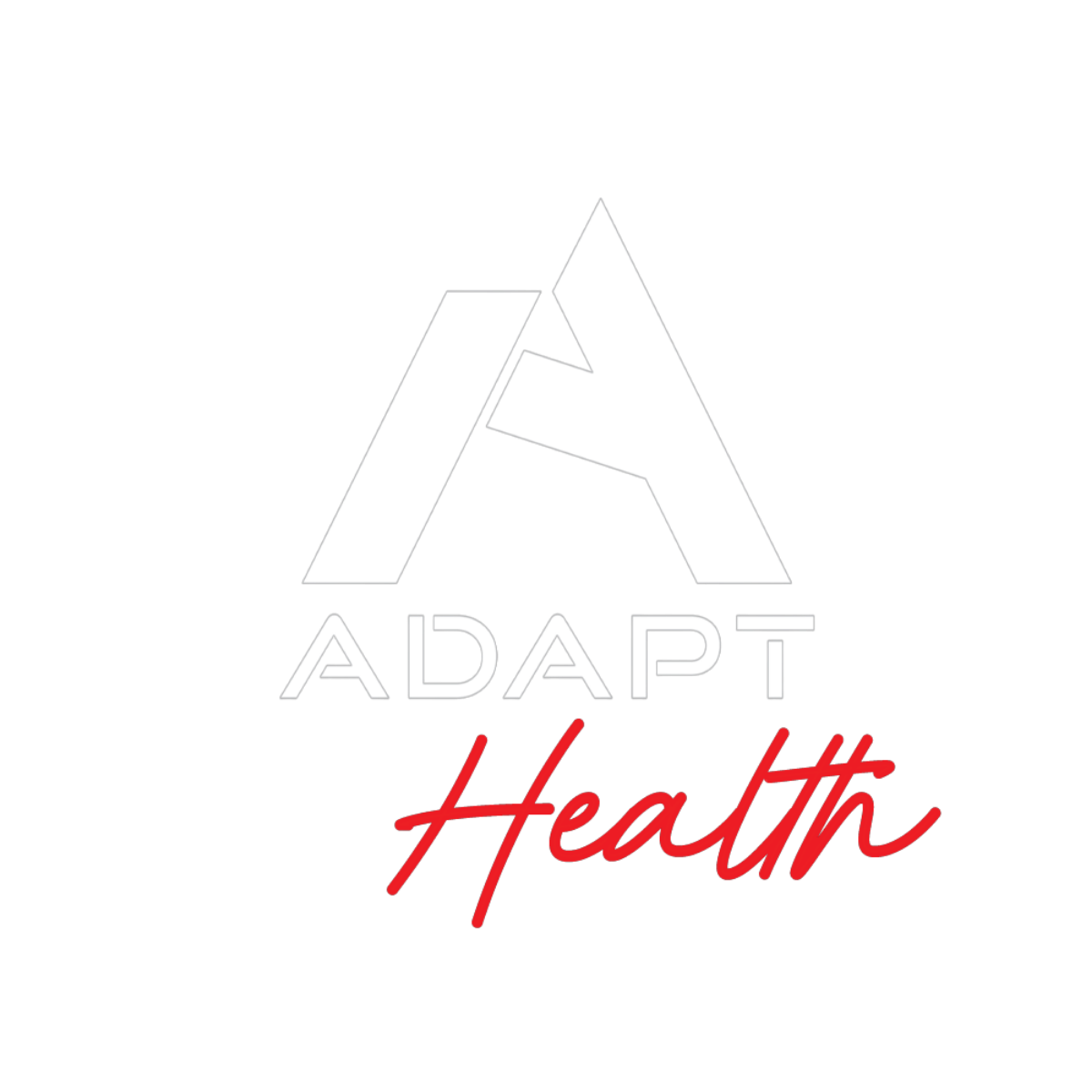Day fifteen of 33 Day Challenge (5 Minute Video)
Maintaining a healthy circadian rhythm is vital because many bodily and hormonal functions operate based on your circadian rhythm, including such important everyday functions such as sleepiness, wakefulness, and hunger.
So, what exactly is the circadian rhythm? It is an internal biological process that regulates sleepiness and alertness at regular intervals. Although often referred to as the sleep-wake cycle, the circadian rhythm is not limited to sleep patterns. Research in the chronobiology field reveals that certain organs have their own rhythm and clock. Disrupting your circadian cycle could alter the rhythm patterns of certain organs and harm your health. Liver, an organ that plays a key role in body detox, is one of them. It filters the blood to remove large toxins, secretes digestive juice to break down fat-soluble toxins, and maintains the overall health of your body through hormonal regulation. Shifting your sleep pattern affects the liver’s metabolic clock and puts you at a greater risk of undesired medical conditions. Hence, it is important to sleep based on your circadian rhythm and have consistent sleep habits.
Traditional Chinese medical science also similarly emphasizes the body clock, because Chinese medicine practitioners believe that our organs are vigorously repairing, growing, or detoxing old and new cells during different time intervals. For instance, the liver is at its peak detox stage between 1 and 3 am. You should sleep by midnight so that your liver could focus on its cleansing function. Additionally, your lungs are most actively cleansing themselves between 3 and 5 am. Healthy lungs counteract toxins from allergens, pollutants, and smoke, so you are strongly recommended to be in deep sleep by 3 am every night.
Sleep Detox and Your Brain
Science suggests that sleep may be the best detox for your brain. But how does sleep help detox your brain? Let’s meet the glymphatic system. It’s a toxin removal system for the brain and is most active during sleep. The brain undergoes physical changes: brain cells shrink to increase space between them so that toxic wastes can be flushed away more effectively. This physical change occurs in slow-wave sleep, the deepest phase of sleep which belongs to the third and fourth stage of non-rapid eye movement sleep (or non-REM sleep). You might be more familiar with rapid eye movement (REM) sleep, but the stages of non-REM sleep are also essential phases of your sleep cycle, especially slow-wave sleep. This restorative sleep stage is the key to detoxing the brains and getting you ready to tackle a new day!
Not only does sleep detoxify the brain, but healthy sleep also helps reduce the risk of certain neurological disorders, such as Alzheimer’s Disease. Researchers found that the protein associated with Alzheimer’s Disease increased approximately 5% in the participants who were sleep deprived. So, please make sure you get a good night’s rest to allow the glymphatic system to do its hard work.
Detox and Sleep Position
Can sleeping positions help the brain detox? Yes, interestingly, sleep postures have a minor, but measurable impact on the detoxification process of the brain. During research into sleep postures, scientists found that the lateral sleeping position (or sleeping on your side) is more efficient than other sleeping positions at removing waste from the brain. Why? During sleep, the complex system that uses fluids to remove negative chemicals in your brain seems to run more efficiently when you’re lying on your side. Perhaps that’s why side sleeping is the most popular sleep position for not only humans, but animals too!
To stay sleeping on your side, be sure to choose the pillow with the right firmness level (and if you’re looking for a pillow or some pillows, click here to learn how to choose the perfect pillow for you!). For example, our OnePillow is perfect for side sleepers. Its adjustable middle layer can customize the comfort and support for your head and neck when you sleep on your side. You could also tuck pillows between your knees to reduce stress on your hips and create better spinal alignment to help you stay in this position.
If you don’t find the lateral sleeping position comfortable or just can’t stay sleeping in this posture, that’s okay, don’t force yourself! Being able to sleep comfortably is what matters when it comes to quality sleep, and a good night’s sleep is what you need for detoxing your body.
Detox Sleep Routine for Better Sleep
Now that you’ve learned the detoxing effects and importance of sleep, we want to share some tips on how to detox your sleep routine and stay asleep longer throughout the night!
Tip 1: Avoid alcohol, caffeine, and nicotine at least 4 hours before bed
These chemicals are stimulants that make it more difficult for you to fall asleep and make you sleep more lightly. Many people mistake alcohol for a relaxing drink. Although alcohol may reduce the time taken to fall asleep initially, it actually disrupts your sleep later in the night with more frequent awakenings, night sweats, nightmares, and more. Similarly, cigarettes are stimulants, not relaxants!
Tip 2: Limit light in the evenings
Darkness induces the production and release of melatonin, a sleep regulating hormone, so that your body is cued to fall asleep faster when you close your eyes. So, try to start dimming your light in the evenings to get your body warmed up! We also suggest you to turn on night mode filters on all screens, and for those wearing spectacles, to switch to blue light glasses to block out blue light for better eyesights and better sleep.
Tip 3: Create a comfortable sleep environment
Anything in your bedroom could potentially affect your sleep! So, try to keep clutters minimal in your room. Also, try to keep your clock or alarm clock’s face out of sight so that you don’t stare at it stressing about not being able to fall asleep and then end up eyes wide open all night.
Temperature also affects your sleep — both how long and how well you sleep. The ideal temperature of a bedroom should fall somewhere between 18°C and 20°C. With a cooler temperature and consistent temperature regulation under the best duvet on the market, you’ll drift off easily. We’d also recommend you to invest in chemical free, soft, and breathable cotton sheets to sleep cool.
Tip 4: Establish a soothing pre-sleep ritual
Just as you stretch before a workout, your body also needs a warm up before getting in the zone. So, instead of being on your phone for an hour or so before bed, how about doing some relaxation exercises, such as yoga, meditation, and mindful breathing? A simple 20-minute calming activity helps clear your busy mind and fall asleep soundly.
Tip 5: Reduce intake of sugar and processed foods
High consumption of sugar and processed foods may increase your chances of developing chronic diseases, such as heart disease and diabetes. This could harm the key organs that are responsible for detoxification, thereby hindering your body’s ability to naturally detox. Replacing snacks with fruits and making sure you eat proper meals are some ways that could help you eat less junk food.
Tip 6: Drink more water
Everyone’s water needs vary, but a general rule of thumb is don’t wait until you feel thirsty before you reach for your bottle because you’re probably already dehydrated by then. Water transport waste products through urination, breathing, or sweating. Therefore, staying hydrated is important for detoxification. So don’t forget to drink a cup of water every hour or so.
Tip 7: Eat food high in prebiotics
Prebiotics serve as food for good bacteria in your gut and these good bacteria keeps your gut healthy. A healthy digestive system protects your body and intestines by detoxifying and excreting harmful chemical substances. Examples of food that are rich in prebiotics are apples, bananas, oats, and tomatoes. Pick some and put them on your grocery list!
Tip 8: Get sunlight first thing in the morning
Sunlight suppresses melatonin production and reinforces your body’s circadian rhythm. The Sun’s UV rays also help your body make vitamin D, a substance that keeps your bones, blood cells, and immune system healthy. Open up the blinds as you rise and shine, and if possible, go out for a walk in the morning, or at least stay out of the shades for a little bit on your way to work!
Happy dreams!
Sincerely,
Dr. Steven Baker
Dr. Ben Lerner
Derek Peterson



